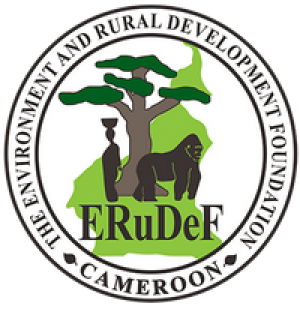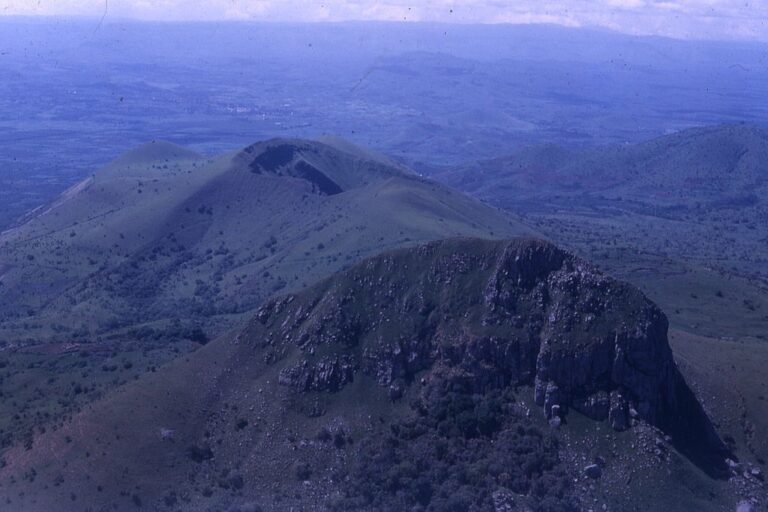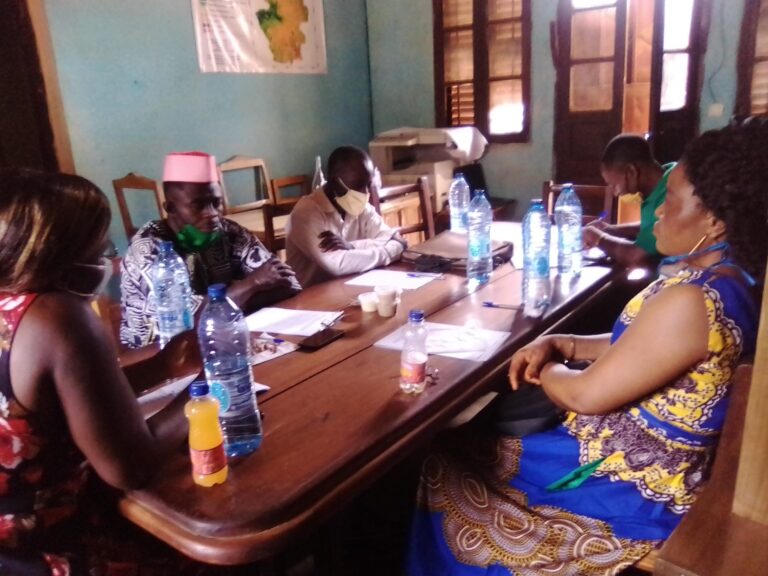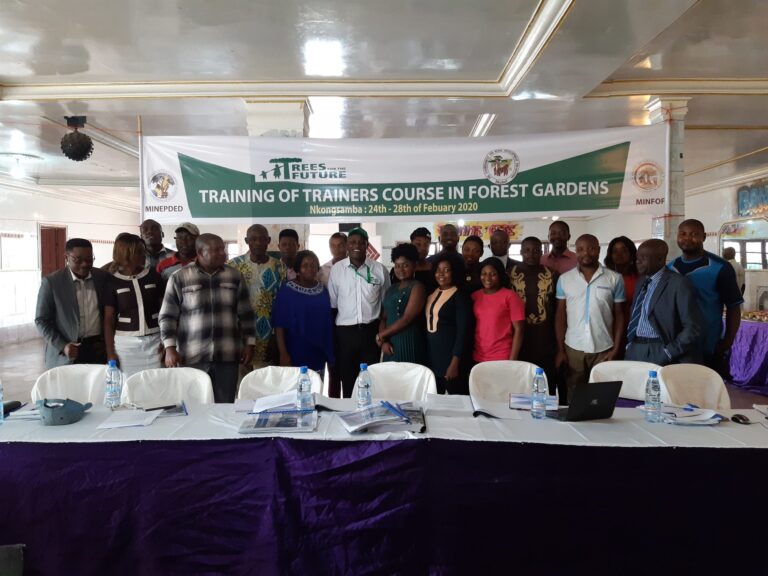The African forest elephant (Loxodontaafricanacyclotis) has been widely hunted for its tusks and more recently for its meat, threatening its future survival. The population of African forest elephant has fallen by over 30% in the last seven (7) years largely due to poaching (NPR, 2016). The elephant population in Cameroon was estimated at 21000 in 2010, according to the national strategy for elephant management, the rise in poaching which led to the m mass killing of about 300 elephants in the Northern part of Cameroon in 2012 has contributed to the significant reduction in elephant population (TRAFFICK, 2016).
According to WWF, 2016, Cameroon is a key transit route for ivory from central to West Africa and then Asia. The Deng Deng National Park, Eastern Cameroon, is home to a small population of elephants migrating from other neighboring protected areas such as the Dja Biosphere Reserve and the Mbam Djerem National Park. This species is facing a number of threats amongst which,
Increase Human Population is one of the factors that have aggravated illegal wildlife trade especially elephants in this park. The presence of Government, Non-Governmental Organizations (NGOs), Economic Operators and external development bodies (Cameroon Oil Transportation Company – COTCO and Electricity Development Cooperation – EDC) in the area has together promoted influx of human population (both employees and job seekers) into the villages around the Deng-Deng National Park. This has led to over exploitation and great loss of biodiversity. The increase human population has also led to the high demand for bush meat in the area thereby promoting illegal hunting, trade of bush meat and ivory in and around the neighboring countries.
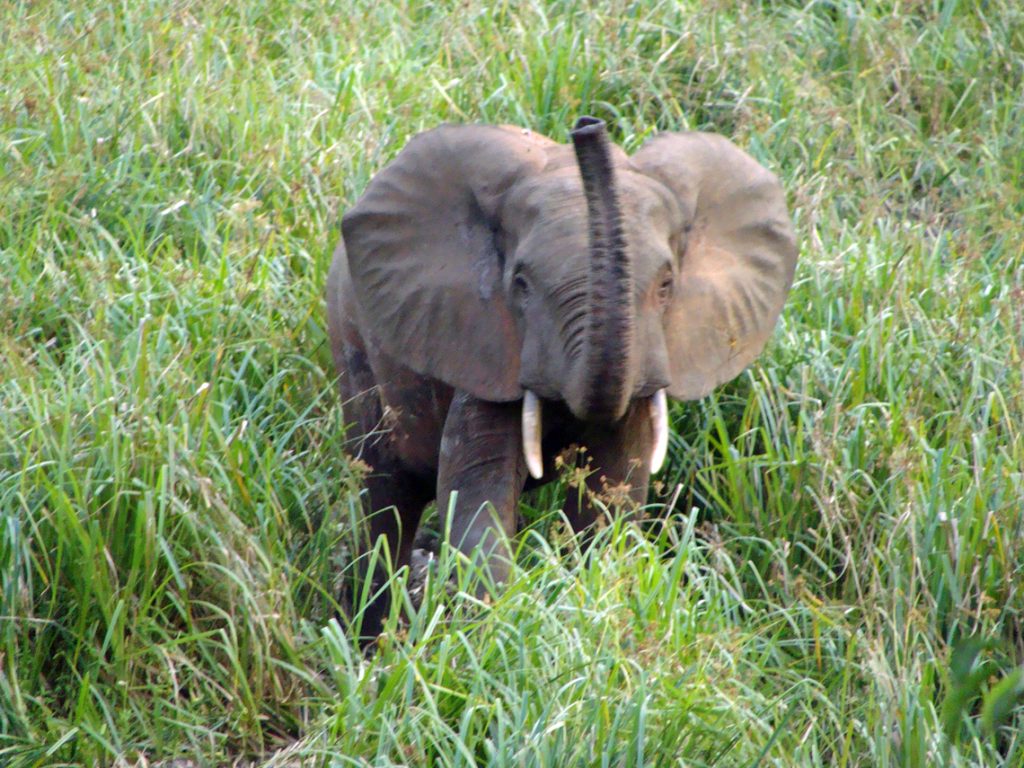
The high demand for bush meat and ivory trade across border regions has also catalyze the poaching of elephants in the Deng Deng National Park. Earlier, hunting mainly employed traditional trapping techniques but with the increasing demand for bush-meat and ivory, modern techniques are now being used such as wire snare, modified den guns and rifles for hunting, especially when elephants are targeted to meet up the high demand of bush meat and ivory.
Equally, the construction of the Lom panger and the Chad- Cameroon oil pipeline has facilitated poaching in this park. The construction of Dam in Lom Pangar, led to the destruction of habitat and an increase in water level which draw fisher men from the Northern part of Cameroon and other neighboring countries. It also facilitates access to remote areas and increase influx of labour population, hence increased demand for bush meat. Other contrary uses that followed these major projects has been the clearing and opening of large forest tracks for the construction of roads to facilitate transportation of project equipment and the construction of settlement camps for workers at the detriment of biodiversity and easing transportation of bush meat and ivory to urban markets. This has greatly facilitated the wildlife trade in this area.
More so the Cameroon railway which passes through the peripheral areas of the park has led to environmental noise, facilitate access to remote areas and also increase transportation of bush meat and ivory to urban markets.
Inadequate skills in monitoring and law enforcement is also another factor which has spurred the poaching of elephants and other species in the Deng Deng National Park. Law enforcement is crucial to curbing threats occurring in the target areas and remains an essential determinant factor for the conservation of large mammals in the park. High concentrations of hunting signs in the parks, particularly in the enclave north eastern portion, north of the Lom River, highlight the limited law enforcement activities in the Deng Deng National Park. More so, eco-guards who are posted in the areas are student coming directly from school without any field exposure and hence they face challenges translating theoretical knowledge into practice. Hunters take advantage of their limited skills to exploit the park.
Lastly, Inadequate sensitization and collaboration between multiple stakeholders has also ease the poaching of elephants in this park. There is limited community education and awareness on conservation and the involvement of other relevant stakeholder Therefore, more intense sensitization and awareness campaigns is needed to improve networking and collaboration between multiple stakeholders and will attract their interest in the protection of the wealth of biodiversity in the park. In this context, the focal agenda to address illegal trade in elephant will be to promote improved monitoring at entry and exit point and investigating criminal network to deter and reduce ivory trafficking and illegal wildlife crimes in the Deng Deng National Park.
The Environment and Rural Development Foundation (ERuDeF), will be supporting both the local communities of the corridor area and the Divisional Delegation of Forestry and Wildlife for Lom, to create two Community Forest Reserves of respectively 5,000 ha and 4,588 ha, to preserve a vital corridor between Deng Deng National Park (DDNP) and Belabo Council Forest in Eastern Cameroon. This forested link is currently threatened by habitat loss from timber extraction and clearance for subsistence farming. The project is needed in order to preserve the forest habitat for a wealth of resident endangered species including but not limited to the Western Lowland Gorilla, Central Chimpanzee, African Forest Elephant and two species of Pangolins ( Giant and White bellied Pangolin). Whilst the forest is still relatively intact, a window of opportunity exists to preserve it against a trajectory of rapid forest conversion in the region.
